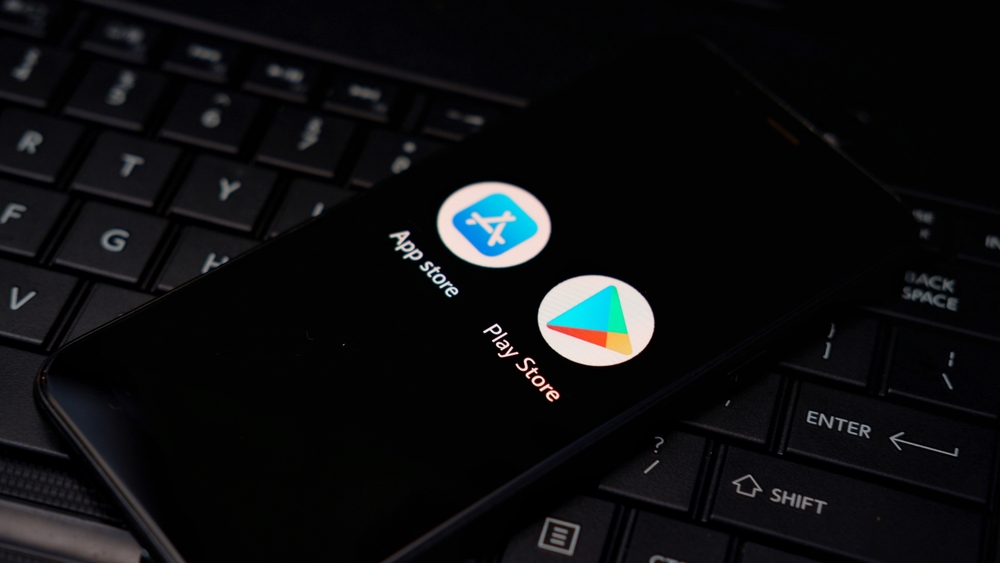
With the ever-growing popularity of smartphones, mobile Google Play or App Store app marketing has become an essential aspect of promoting and reaching potential customers. No matter how well-developed your mobile Android or iOS app is, it won't gain traction and success without an effective marketing strategy. In this article, we will delve into some insider tips and tricks for mastering mobile App Store or Google Play app marketing, providing you with the knowledge and tools necessary for stellar promotion.
1. Define Your Target Audience
Before you dive into promoting your mobile app , it is crucial to have a clear understanding of your target audience. Identifying who your app is intended for will help you tailor your marketing efforts and effectively reach those who are most likely to be interested in what you have to offer. Conduct market research and create buyer personas to gain insights into your target audience's demographics, interests, and preferences.
By defining your target audience, you can optimize your marketing campaigns by choosing the right channels, messaging, and strategies to engage and convert your desired users. This focused approach will ensure your efforts are not in vain and maximize your return on investment.
2. App Store Optimization (ASO)
Just like search engine optimization (SEO) helps websites rank higher in search engine results, app store optimization (ASO) is fundamental for improving your mobile iOS or Android app 's visibility within app stores. When users are searching for an app, your goal is to appear at the top of the search results, increasing the chances of downloads.
To enhance your ASO, make sure to include relevant keywords in your app's title, description, and tags. Conduct keyword research to find popular and relevant terms that users may search for. Additionally, optimize your app's screenshots, icons, and videos to entice users and make a positive first impression.
3. Leverage Social Media
Social media platforms play a pivotal role in connecting brands with their target audience, making them an invaluable tool for mobile app marketing. Create dedicated social media accounts for your app and consistently share engaging content that provides value to your followers.
Utilize the power of user-generated content by encouraging users to share their experiences and reviews of your app on social media. This social proof can significantly boost your app's credibility and encourage others to try it out. Additionally, consider influencer marketing on popular platforms to expand your reach and gain access to new audiences who may be interested in your app.
4. Implement In-App Referral Programs
Word-of-mouth marketing is one of the most effective forms of promotion, and in-app referral programs can harness this power to boost your app's downloads and user base. By incentivizing your current users to refer your app to others, you can tap into their networks and utilize their influence to expand your reach.
Offer rewards, discounts, or exclusive content to users who successfully refer their friends and colleagues to download and use your app. This not only encourages existing users to become brand advocates but also helps you acquire new users who are more likely to trust and engage with your app due to recommendations from people they know.
5. Engage with Users and Seek Feedback
Building a loyal user base is essential for long-term success, and one way to achieve this is by actively engaging with your users and seeking their feedback. Respond to comments, reviews, and messages promptly and professionally, whether they are positive or negative.
Consider implementing in-app surveys or feedback forms to gather insights on how to improve your app and tailor it to your users' needs. By actively addressing their concerns and incorporating their suggestions, you can build trust, loyalty, and a community around your app.
Frequently Asked Questions
Q1: How long does it take for a mobile app to become successful?
A1: The timeline for a mobile app to achieve success varies greatly depending on various factors such as the app's niche, market conditions, competition, and marketing efforts. It typically takes consistent and strategic marketing efforts over several months to see significant growth.
Q2: Is it necessary to invest in paid advertising for mobile app marketing?
A2: While organic promotion is important, investing in paid advertising can provide an extra boost to your app's visibility and reach. Paid advertising allows you to target specific audiences and get your app in front of more potential users, speeding up the growth process.
Q3: Should I release my app on both iOS and Android platforms?
A3: Releasing your app on both iOS and Android platforms is highly recommended to reach a broader audience. Each platform has its own user base, and by catering to both, you can maximize your app's potential growth and engagement.
Q4: What metrics should I focus on to measure app performance?
A4: Some important metrics to monitor include app downloads, active users, user retention rate, average session duration, and in-app purchases. These metrics provide insights into your app's performance, user engagement, and revenue generation.
Q5: Are there any alternative app stores worth considering for app distribution?
A5: While the Apple App Store and Google Play Store dominate the mobile app market, there are alternative app stores such as Amazon Appstore, Huawei AppGallery, and Samsung Galaxy Store. These alternative stores can offer additional distribution channels and potential user bases.
In conclusion, mastering mobile app marketing requires a combination of targeted strategies, optimization techniques, engagement with users, and continuous efforts to improve your app's visibility and credibility. By implementing these insider tips and tricks, you can enhance your app promotion and increase the likelihood of success in the competitive world of mobile apps.
Other useful resources
- https://en.wikipedia.org/wiki/Mobile_app
- https://www.appguru24.com/promote-ios-app/
- https://www.appguru24.com/apps-directory/ios/